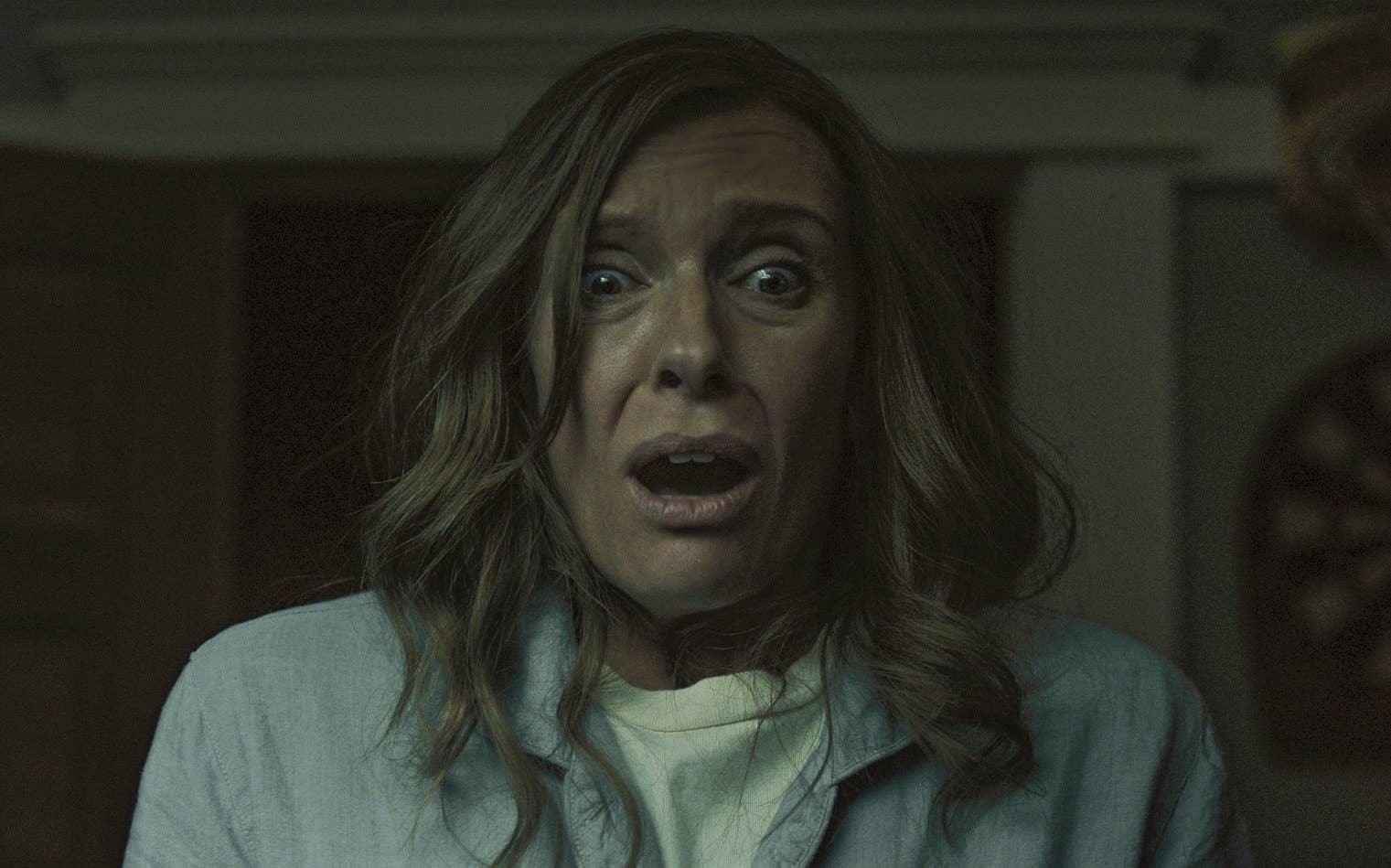
You might think you’re ready for Hereditary, but you’re not. And that’s just the way writer-director Ari Aster wanted it.
Even the most seasoned horror fans are liable to be unnerved and deeply distressed by the film, Aster’s first full-length feature. Hereditary is a movie that consumes you with sinking dread, guiding you into what seems like familiar genre territory before radically subverting expectations with twists that leave you breathless.
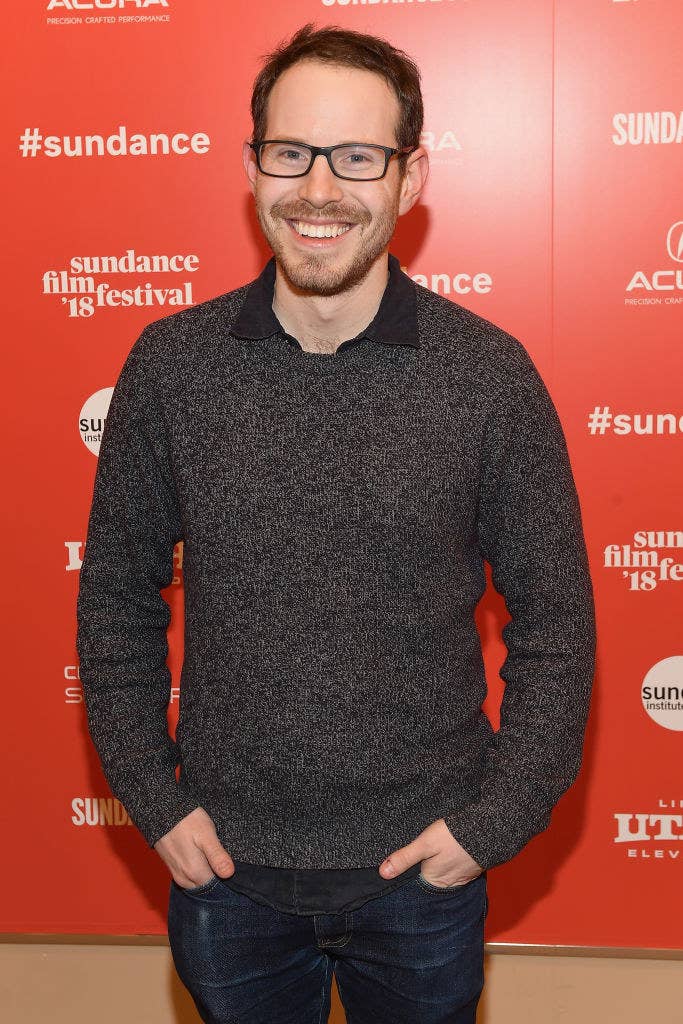
“You could describe certain things that happen in the film as left turns, but what I really wanted to do was to kind of present them in a way that was more like a chute opening up under the audience and dropping them into hell,” Aster told BuzzFeed News. “You’re on a ride, you recognize the ride, this is what you paid for, this is gonna be fun — and then something happens that irreversibly alters the trajectory of the film, and people are now watching something that isn’t safe. That was sort of the goal.”
Aster also described the film as “a family tragedy that curdles into a nightmare,” which is both accurate and an understatement. The family at the center are the Grahams: mother Annie (Toni Collette), father Steve (Gabriel Byrne), son Peter (Alex Wolff), and daughter Charlie (Milly Shapiro). When the film begins, Annie is haunted by the recent passing of her mother, Ellen, a woman with whom she had a contentious and largely estranged relationship. At the same time, Charlie — who had a special bond with her grandmother — is displaying some very disturbing behavior.
But if you think Hereditary is going to be a straightforward ghost story, you’d be mistaken. As it turns out, Ellen’s death is just the first of many traumas inflicted on the Grahams. “I was hoping [the movie] would feel more like a funeral where everyone is sort of grieving together,” Aster added, “but then a fire breaks out by the door and you can't get out.”
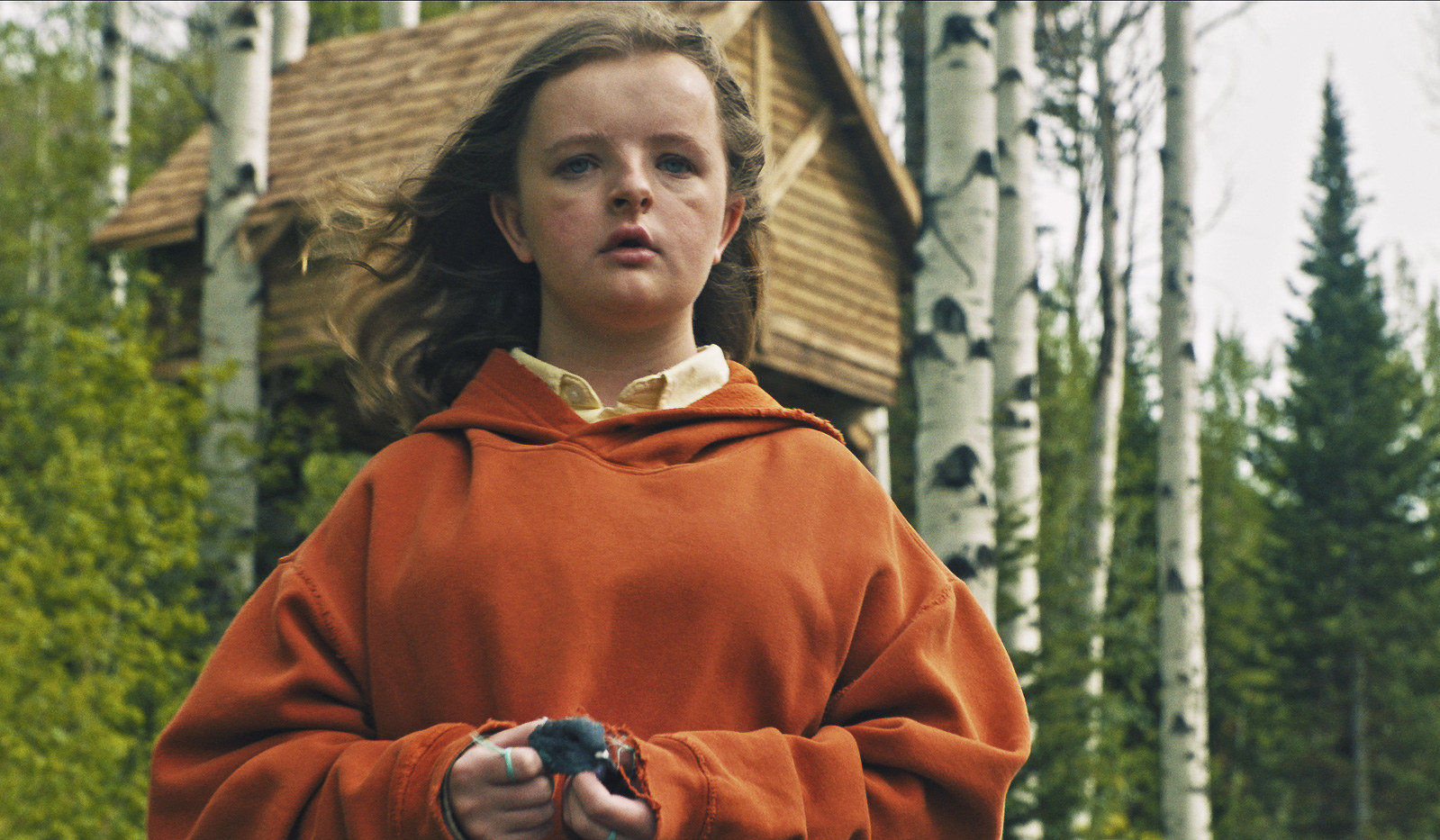
If Hereditary sounds like a painful viewing experience, that’s because it is. Yes, it’s just a movie, but like some of the best and most lasting horror films, watching it can be something of an ordeal. While a recent genre hit like A Quiet Place keeps you on the edge of your seat with creature-feature suspense, Hereditary hits you with a lingering sense of discomfort — and that uneasy feeling lasts long after the movie is over.
Despite the challenge of watching the film, reviews so far have been almost universally glowing. Critics have lauded Hereditary’s ability to get under their skin, noting that it’s the kind of movie you just can’t shake, as much as you’d like to. The feedback suggests that people turn to films like Hereditary because they want to be fucked up, and that’s what Aster was counting on when he decided to dip into a genre that he has sometimes found to be lacking.
“I do feel that most of what comes out of the genre, especially in this country, tends to be on the more superficial side,” he said, acknowledging that there are always exceptions. “When I asked myself, what do I want from the genre, I realized that I wanted to be traumatized. … The movie’s primary aim is to upset people on a very deep level.”
Aster has a point: Horror films aren’t supposed to be easy. Part of the appeal of the genre is the way it forces us to confront our fears, with supernatural forces often standing in for more grounded real-world anxieties. There’s catharsis in feeling scared in a controlled setting. The fact that Hereditary feels less controlled than the norm — and that it’s so relentless on its audience — is what makes it so effective.
For at least one of the actors, making the film was its own kind of struggle. Wolff called the experience “upsetting” and “traumatic,” though he was quick to add that he knows there’s a difference between being an actor and experiencing real trauma. Nevertheless, he explained, “if you throw yourself into something enough that you feel like you’re actually going through it ... it’s pretty much impossible for anyone to not be very, very, very upset every day from what you’re doing.”
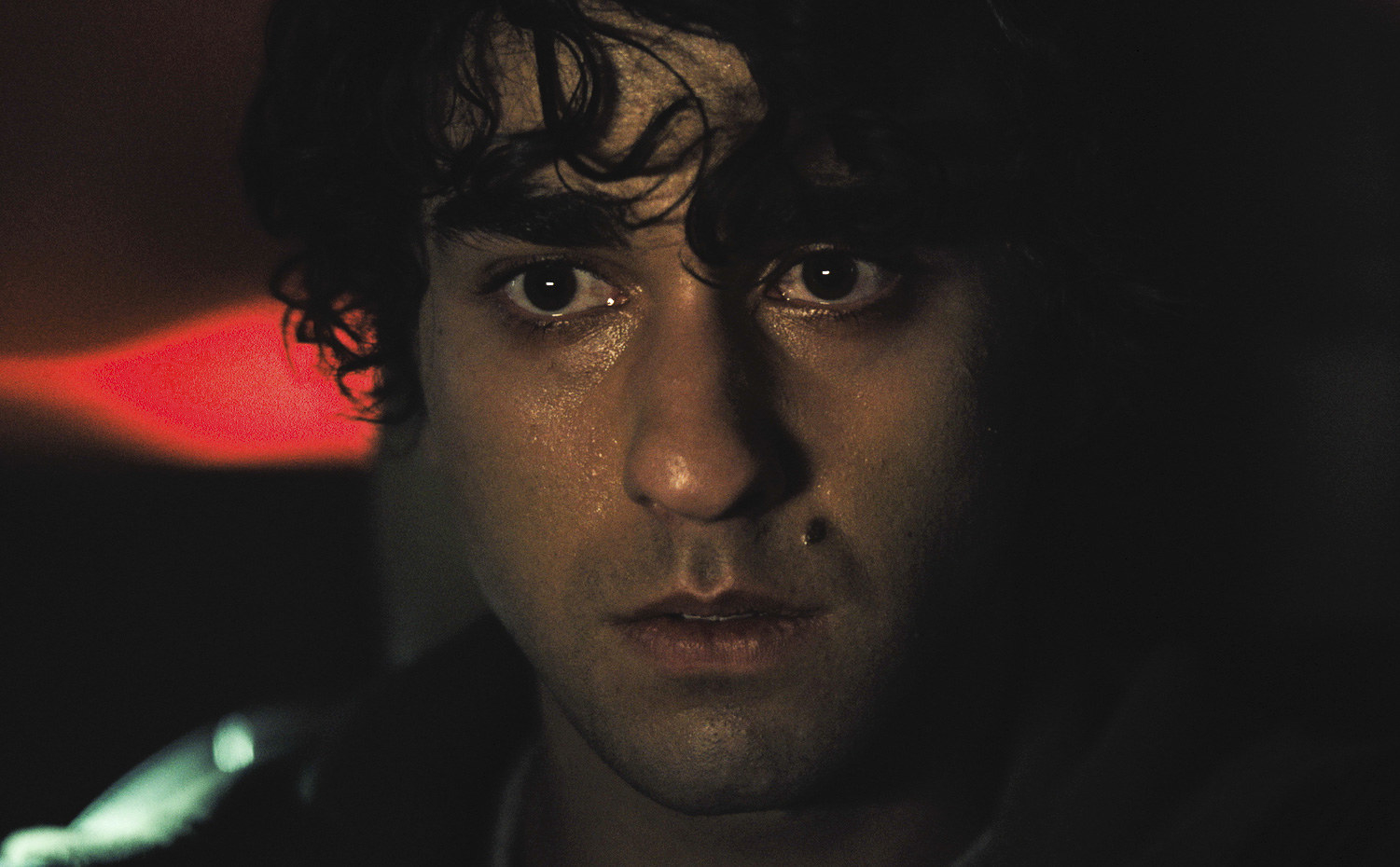
As Peter, Wolff plays a central role in some of Hereditary’s most visceral moments. The film required a certain level of physicality that he dove into, even if it took a toll on him. And there was a relief to getting through it, he added, describing the entire experience as “a two-month long therapy intensive.”
“I almost felt like I had PTSD from it a little bit because I went to such an emotional place and it was such an emotional release,” Wolff said.
“I think Alex really enjoys torturing himself,” Collette countered with a laugh. “It was hard work, and it was focused work and it was draining, but I wouldn’t say traumatizing. It’s just a movie.”
The Australian actor has earned raves for her portrayal of Annie, with more than a few critics suggesting that she deserves an Oscar nomination. (The last and only time she was nominated was for another horror film, 1999’s The Sixth Sense.) Collette is a force of nature in Hereditary, alternating between broken and feral. And while she wasn’t nearly as affected as Wolff, she acknowledged how heavy the material was. “This just seemed so smart and so emotionally open and raw and real and honest, as well as being fucking horrific,” she said.
Like Aster, Collette doesn’t see Hereditary as straight horror and was drawn to it by the emotional honesty of the family drama lurking underneath. At its core, this is a movie about grief, a subject that she feels is more than worthy of exploration. “Generally, in society, we tend to shy away from painful emotion, and really only the more joyous ones are acceptable,” she said. “Grief and loss and knowing that life is temporary is very much a part of the human condition, and there’s no point shying away from it. And I just felt that this particular film, it just really embraced it.”
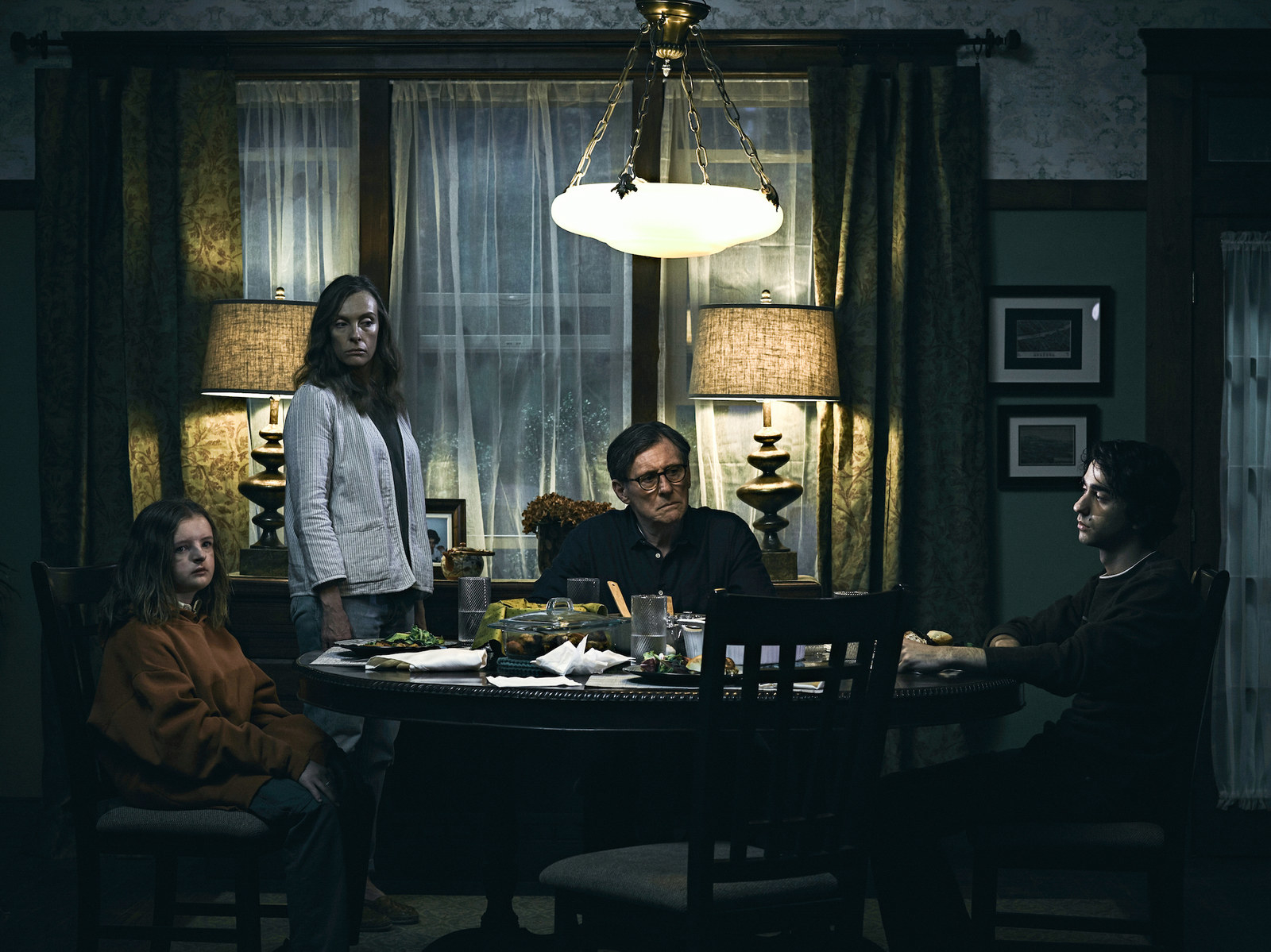
The emotional truth of Hereditary is part of what makes it so tough to handle: This is what grief looks like, and it’s terrifying. Add to that some seriously can’t-unsee imagery, a dread-inducing score, and violence against children and animals, and it’s almost surprising that the backlash hasn’t arrived yet. The debate over whether or not a movie can be too scary crops up from time to time — It Follows earned that designation from some — and Hereditary is all but guaranteed to force the same question.
So is the film too intense and confronting? That’s ultimately up to audiences to decide, although Wolff is confident that it doesn’t cross the line. In fact, he reflected, there’s no line to cross.
“I think people are way more disturbed and fucked up than [we] give them credit for,” Wolff said. “The movie needs to exist because we need someone to be telling these kinds of stories to tap into that thing that's not tapped into enough, and I think Ari can hold that spot for making movies that no one else is sort of brave enough to make.”
For those who seek out horror, hearing Hereditary described as traumatic and disturbing will only make it more enticing. That’s a good thing — this film deserves an audience — but don’t be surprised if it ends up keeping you awake at night. And for those who have experienced real trauma, a movie like this might simply be too unpleasant to endure. Ultimately, your reaction to Hereditary largely depends on how comfortable you are with feeling uncomfortable, and Aster is well aware that not everyone is as game for that as they might think.
If it’s any consolation, know that the writer-director shares your trauma: He’s just as scared as you are.
“The first thing you ask yourself [before making a horror film] is: What am I afraid of?” Aster said. “If anything, I was just trying to tap into my own fears.”
